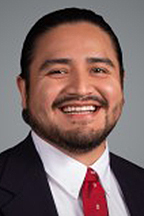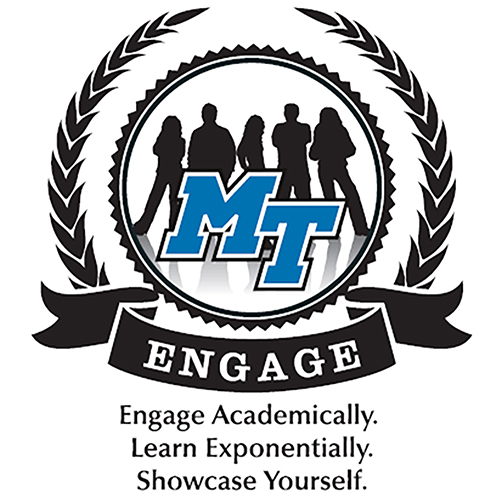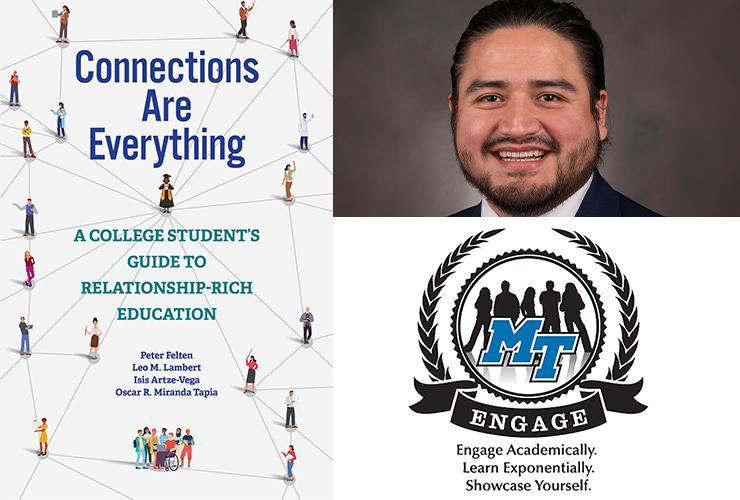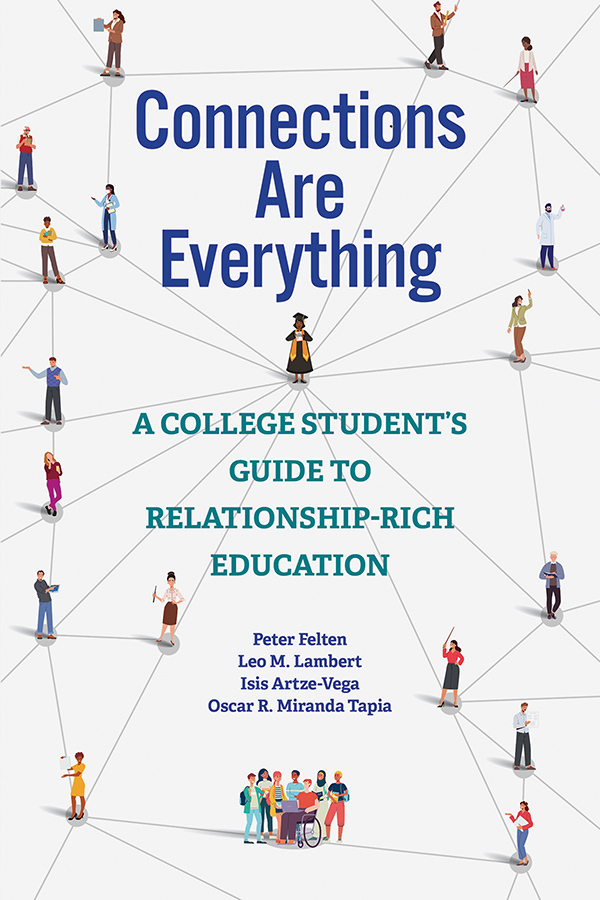By Zoee McDow
MURFREESBORO, Tenn. — Middle Tennessee State University hosted guest speaker and author Oscar Miranda Tapia earlier this month where he shared how to forge deeper, more meaningful relationships during his talk for students titled “Relationship-Rich Education: A Guide for College Students.”
Student attendees to the MT Engage event learned how to build important connections with MTSU faculty, staff, and their peers. Tapia educated students about relationship accelerators — like internships, on-campus jobs, study abroad, undergraduate research, and active involvement in student organizations.

“It’s not who you know, but rather who knows you,” Tapia shared, underscoring the importance of developing relationships at MTSU.
Tapia said relationship accelerators can help students create and deepen connections with people, and he also told students how to leverage their skills and abilities to foster relationships.
Tapia said the connections he made in school are what has led to his success. He is now the co-author of “Connections Are Everything: A College Student’s Guide to Relationship-Rich Education,” a book that helps college students foster relationships with others at their university (free download available at Project Muse).
Tapia told his audience he did not think he would go to college because of his family’s income and immigration status, but a high school counselor fought for him to find funding for college, he said. After she connected him with a scholarship program, he was able to graduate from Elon University debt free.
A mentor at Elon encouraged him to apply to Harvard University, encouragement and advocacy that placed a seemingly unattainable goal within reach, he noted. After his time at Harvard, he returned to his alma mater to lead Elon’s first-generation initiative, building multiple campus partnerships and designing programs to support first-generation college student success.

Tapia encouraged students attending the Nov. 1 event to identify their skills and interests and find ways to contribute on campus. He highlighted the many clubs, learning-living communities, and study abroad opportunities for students at MTSU. Through these opportunities, Tapia explained, students can make faculty and staff mentors aware of their skills so that mentors can pass along opportunities that arise.
Zachary Thomas, a sophomore majoring in dietetics, said this idea of students raising their visibility on campus resonated with him and “highlighted the importance of how we present ourselves to those who can open doors to new opportunities.”
Karsen Gray, a senior double majoring in English literature and Spanish, said she came to the event because she wants to “get the most out of the relationships I have developed throughout my time at MTSU.” She plans to create more connections with her professors and maintain the connections she has already established.
Tapia, a provost fellow at North Carolina State University, also led an afternoon workshop for faculty and staff offering advice for fostering connections with students and emphasizing the importance of these connections for both faculty and staff as well as students.
In addition to his work at NCSU, Tapia works as a research associate for Belk Center for Community College and Research and is a research assistant at the William and Ida Friday Institute for Educational Innovation.
Tapia, who is currently pursuing his Ph.D. in educational leadership, policy, and human development with a focus on higher education opportunity, equity, and justice, educated attendees on the foundational principles of a relationship-rich education. These principles include the ideas that students must feel welcomed and cared for, and they must cultivate their own constellations of relationships. Tapia explained that relationships can inspire students to learn and challenge them to become better.
Tapia invited faculty to reflect on a meaningful relationship they had in college and discuss what made that relationship beneficial to them as students. He also invited faculty to reflect on the barriers students face when seeking help from faculty. To help students overcome these barriers, Tapia encouraged faculty to hold office hours in places students feel comfortable visiting, such as residence halls or other public spaces on campus. He encouraged faculty to recruit students to mentor other students, give students positive feedback, and be authentic and approachable.
He also encouraged faculty to create their own constellation of relationships with others on campus that can assist students when they cannot.
“Imagine if instead of saying, ‘Go to the financial aid office,’ you instead said, ‘Here is someone I know who can help you at the financial aid office.’” These sorts of interactions, Tapia continued, can encourage students to feel more comfortable with different offices on campus.
Relationship accelerators like those Tapia discussed are common features of MT Engage classes, which promote students’ active learning. Students who want to learn more about MT Engage are encouraged to contact MT Engage Assistant Director Lexy Denton at alexis.denton@mtsu.edu.
— MTSU junior Zoee McDow of Fayetteville, Tennessee, is double majoring in public writing and rhetoric and religious studies.



COMMENTS ARE OFF THIS POST